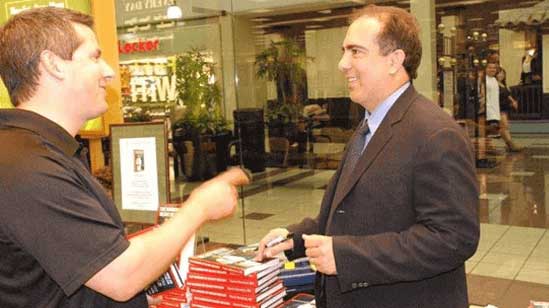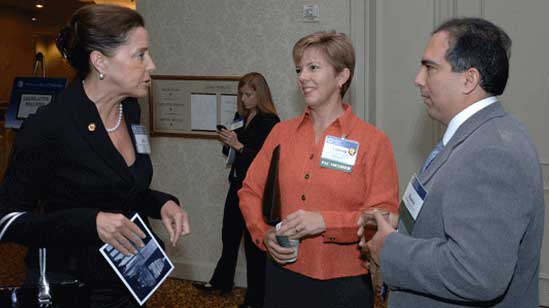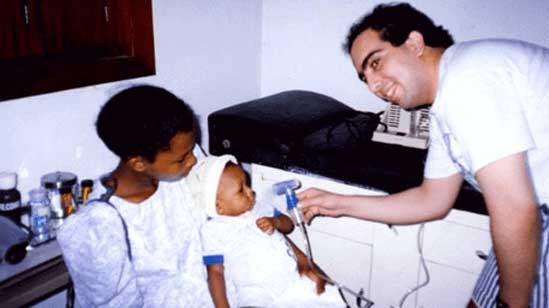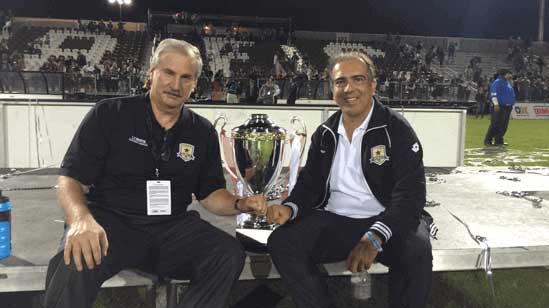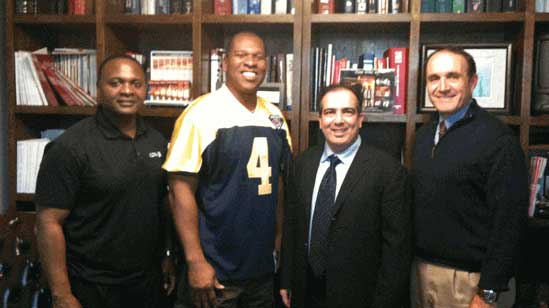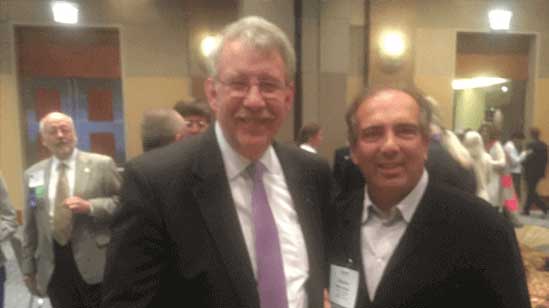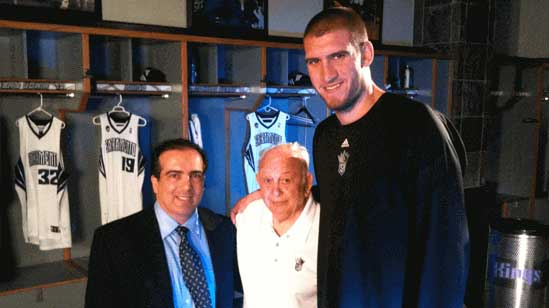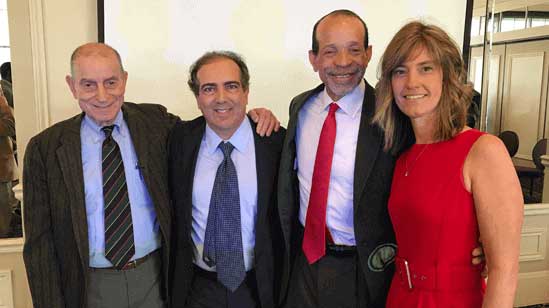After Minimally Invasive Heart Surgery: In the Hospital
After surgery, you'll be moved to a recovery area where you can be closely watched. From there, you may go to a special care unit or a regular room. The hospital stay after minimally invasive heart surgery varies, but is often 5-7 days.
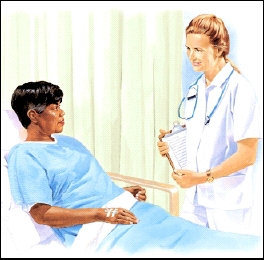
If you feel pain, tell your nurse right away; don't wait until it gets bad.
Right After Surgery
When you first wake up, you may feel groggy, thirsty, or cold. If the breathing tube given to you during surgery is still in place, you won't be able to talk. You will have flexible tubes in your chest to drain air, blood, and fluid. Intravenous (IV) lines give you fluid and medications. Monitors record your heartbeat and the amount of oxygen in your blood.
Managing Pain
A nurse may give pain medications to you. Sometimes, a special pump (called a PCA pump) is used. This pump lets you give yourself small amounts of medication as you need them.
Strength and Breathing Exercises
You'll soon begin to move around to improve your muscle strength and blood flow. Your nurse or a therapist will help you when you first get up and walk. You may also be taught range-of-motion exercises to help stretch and strengthen your muscles as they heal. Deep breathing and coughing exercises help keep your lungs clear, make your breathing muscles stronger, and prevent complications. A nurse or therapist may teach you these exercises before or soon after your surgery. Perform them as instructed.
Taking Medications
If you have heart valve surgery, you may need to take an anticoagulant ("blood thinner"). How much of this medication you need takes some time to adjust. Much of this adjustment will happen before you go home. Your doctor or nurse will talk with you about this and any other medications you need.
Going Home
Before you go home, your doctor will discuss the results of your surgery with you. Your doctor will also review the next stage of your treatment plan and schedule future visits. When you're ready to leave the hospital, you will need to have an adult friend or family member drive you home.

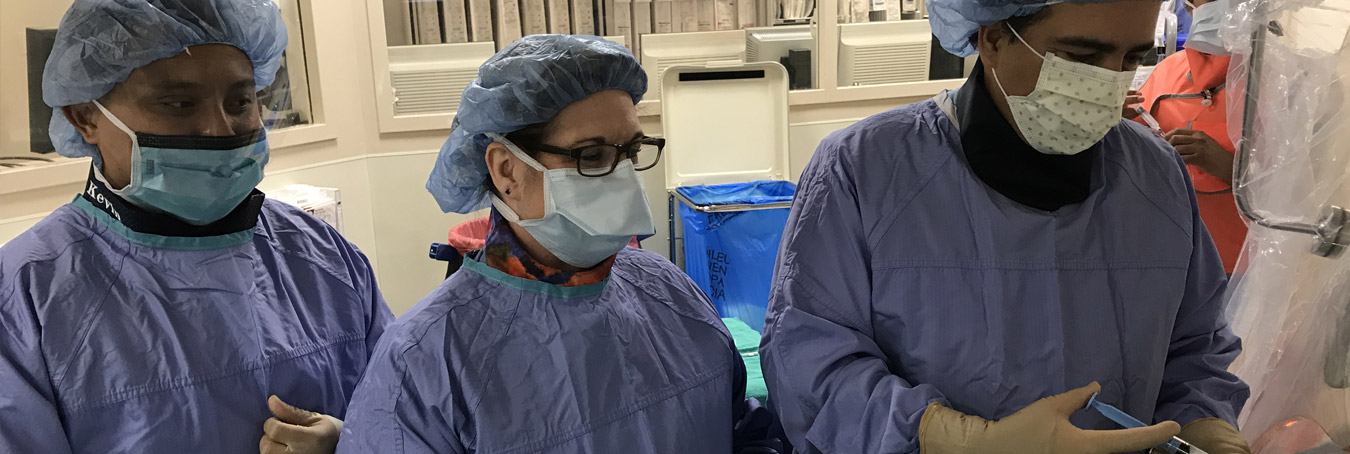




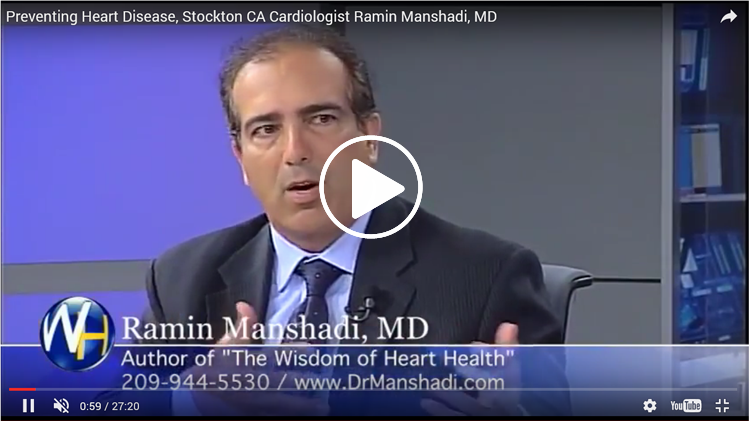
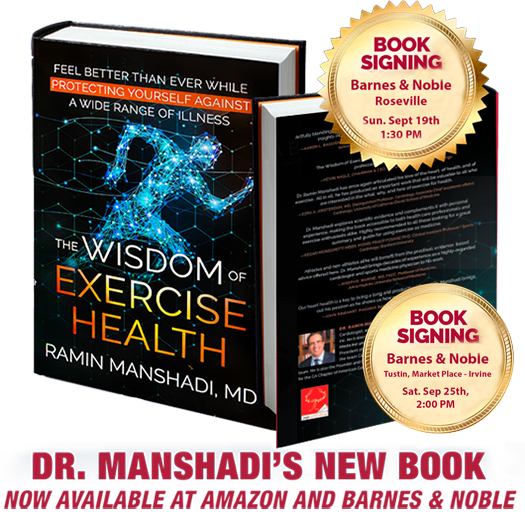

 Click Here for More Details
Click Here for More Details